Get enough sleep
Master - Specialist Doctor 1 Vo Huynh Quoc Kha, University of Medicine and Pharmacy Hospital, Ho Chi Minh City, Facility 3, said that the immune system helps protect the body from infection. When it does not function properly, the immune system can launch an attack on the body even when there are no bacteria or cannot prevent bacteria from entering the body. Autoimmune diseases and allergies are some examples of immune disorders that can affect our bodies.
"A large body of scientific evidence has shown that sleep loss has a negative impact on various parts of the immune system. This can lead to the development of a variety of disorders. Insufficient sleep reduces the activity of NK cells (a type of white blood cell in the natural immune system), which play a significant role in destroying cancer cells.
Eat a variety of nutritious foods
Associate Professor - Doctor Lam Vinh Nien, Head of the Department of Dietetics - Nutrition, University of Medicine and Pharmacy Hospital, Ho Chi Minh City, said that preventive nutrition plays an important role in increasing resistance and preventing infectious diseases at the end of the year.
Eating a variety of foods, especially fruits and vegetables, helps increase vitamins and minerals.
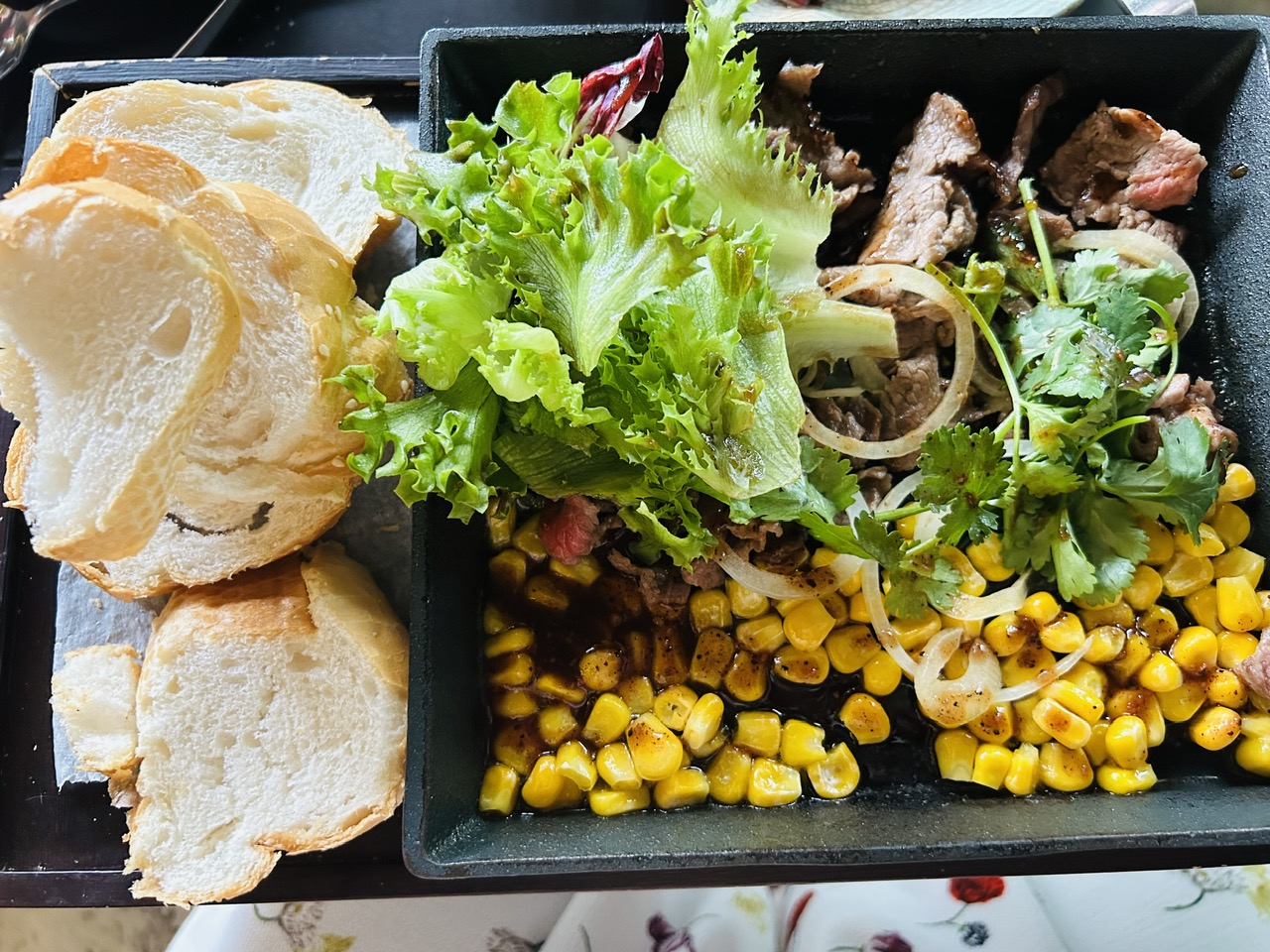
Eat a varied and balanced diet with 4 groups of nutrients
"In winter, especially in cold weather areas, the body will lose less sweat through the skin, so compared to normal days, the diet should reduce salt and supplement enough water," Dr. Nien shared.
Fully vaccinated
Doctor Bach Thi Chinh, Medical Director of VNVC Vaccination System, said that at the end of the year, the weather is often cold and humid, creating conditions for viruses and bacteria to be more active than in other seasons. In addition, people moving around more in public places will also increase the risk of spreading infectious diseases.
In addition, some seasonal infectious diseases can affect people's health, including the elderly, pregnant women, and children. Diseases such as influenza, rabies, encephalitis, meningitis, Japanese encephalitis, measles, etc. are also common during the transitional season. In addition, Covid-19 is now also starting to increase again in the world and Southeast Asian countries.
"Proactively getting fully vaccinated is considered a necessary step to prevent infectious diseases at the end of the year. In addition, people should wear masks, wash their hands regularly, eat safe food, and ensure the origin to ensure health," Dr. Chinh recommended.
Physical training
According to Dr. Quoc Kha, regular physical activity helps us feel better, sleep better and reduce anxiety. Combined with a healthy diet, physical activity has many benefits for the immune system. Studies have shown that moderate exercise for less than 60 minutes has been shown to increase the circulation of immunoglobulins, anti-inflammatory cytokines, neutrophils along with improved immune surveillance, helping to fight pathogens and cancer cells.
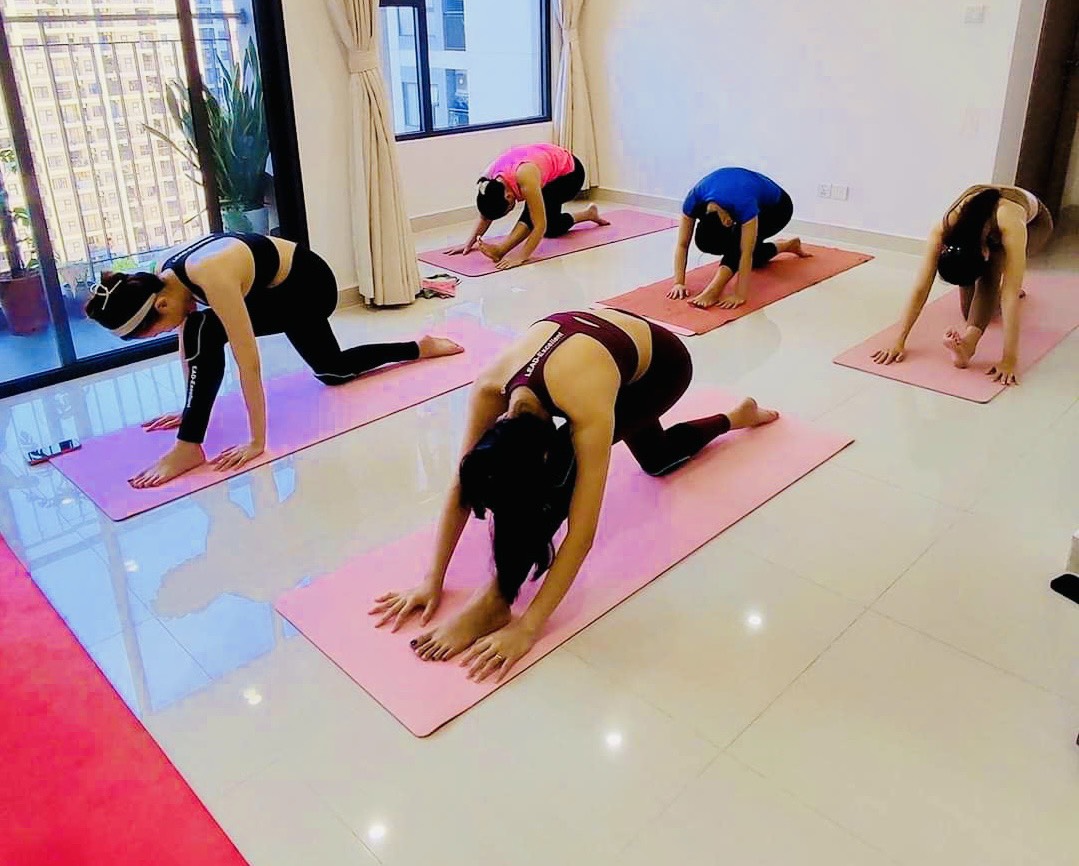
Gentle physical activity has many benefits for the immune system.
Avoid stress, limit alcohol and tobacco
Dr. Quoc Kha said that when stressed, the body increases the secretion of cortisol. Cortisol has many functions in the human body, such as regulating metabolism, inflammation and immunity. Cortisol has anti-inflammatory effects and inhibits the immune response, chronic hypercortisolemia can lead to resistance of the immune system. Studies show that individuals with higher stress levels are more likely to experience clinical symptoms during respiratory viral infections.
In addition, maintaining a healthy lifestyle and limiting alcohol and tobacco will also help avoid immune system disorders and help the body become healthier.
Source link



![[Photo] General Secretary To Lam receives Japanese Ambassador to Vietnam Ito Naoki](https://vstatic.vietnam.vn/vietnam/resource/IMAGE/2025/4/3/3a5d233bc09d4928ac9bfed97674be98)

![[Photo] Moment of love: Myanmar people are moved to thank Vietnamese soldiers](https://vstatic.vietnam.vn/vietnam/resource/IMAGE/2025/4/3/9b2e07196eb14aa5aacb1bc9e067ae6f)
![[Photo] Special relics at the Vietnam Military History Museum associated with the heroic April 30th](https://vstatic.vietnam.vn/vietnam/resource/IMAGE/2025/4/3/a49d65b17b804e398de42bc2caba8368)








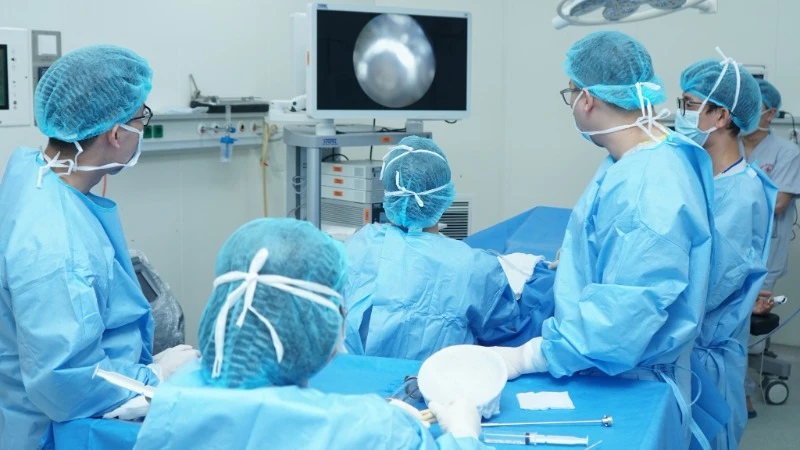

![[Video] Hanoi strengthens food safety control at schools, tightens handling of violations](https://vstatic.vietnam.vn/vietnam/resource/IMAGE/2025/4/3/c9a2202768fb4d6dbd70deaf3f28979f)
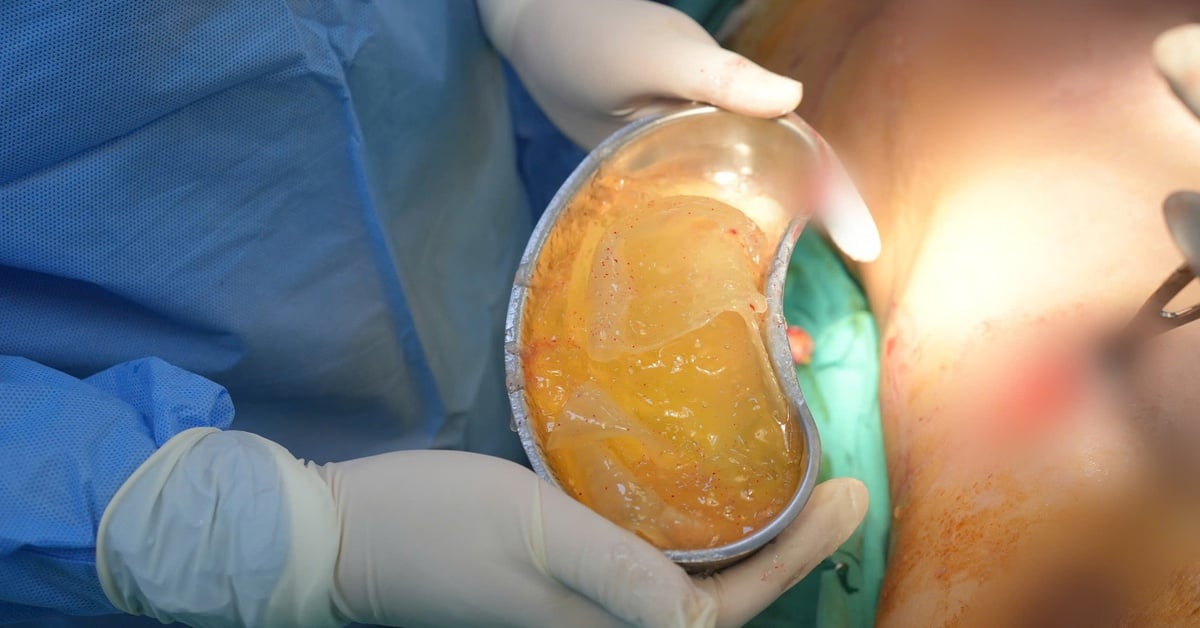









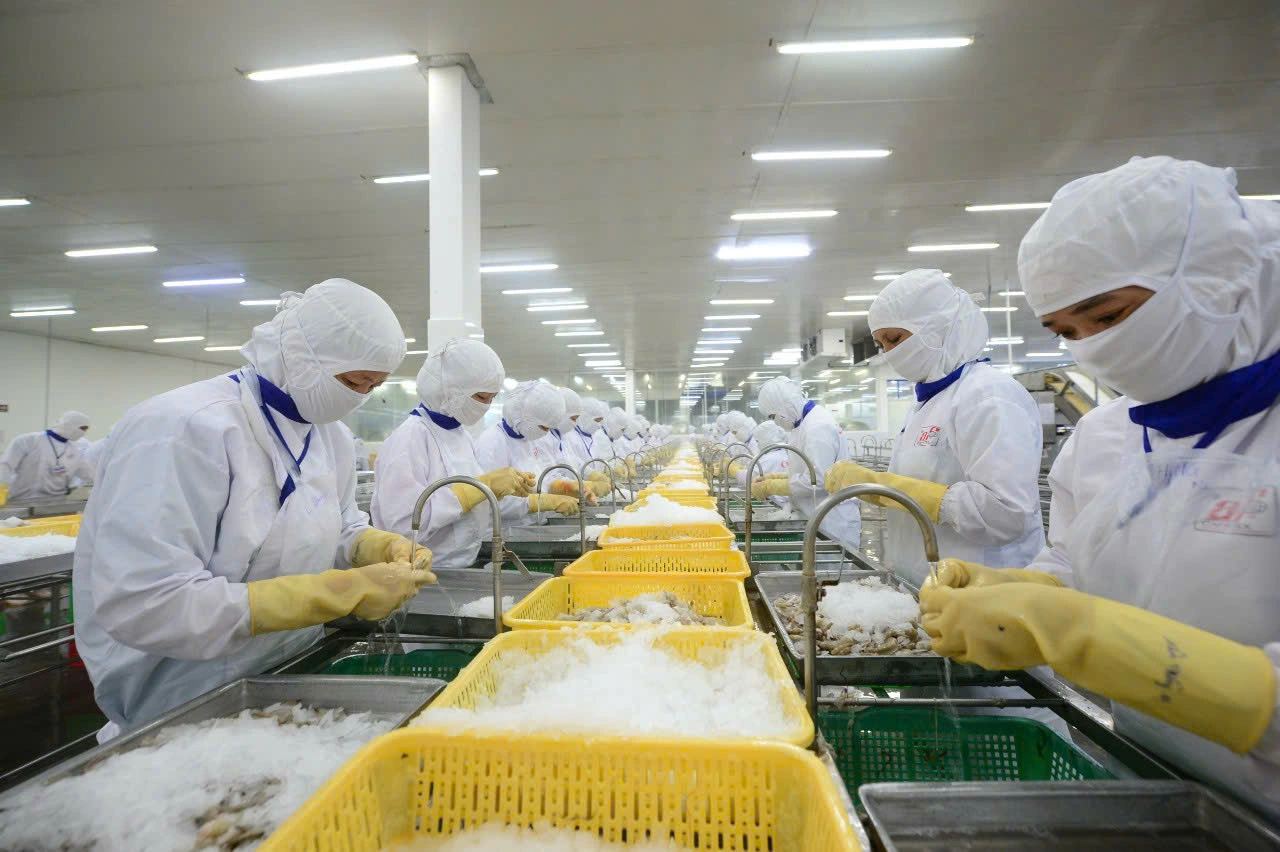






























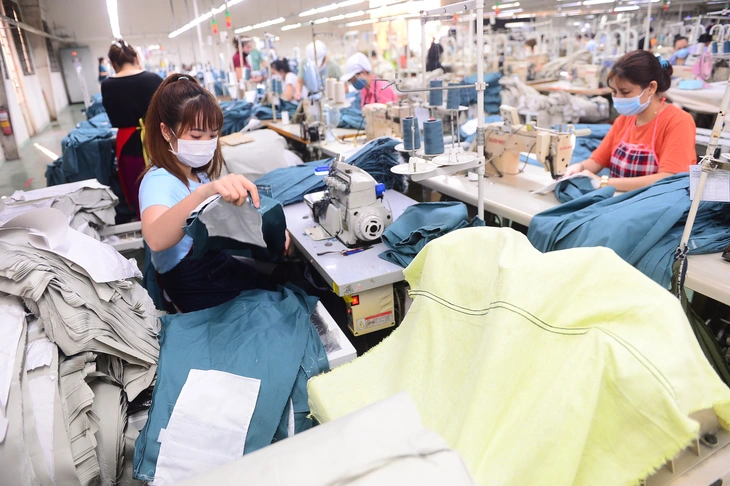





























Comment (0)